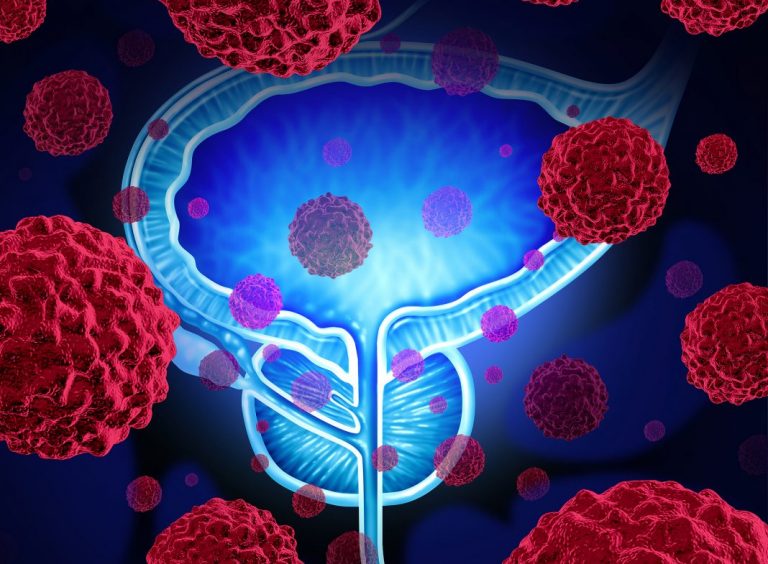
Prostate cancer is the second most common type of cancer among men. In 2018 alone, about 1.27 million new cases were registered, almost 360,000 patients died. Currently, there are two methods usually used to prove the diagnosis: the prostate-specific antigen (PSA) blood test and the tissue biopsy—taking the tissue samples for analysis. Both methods have significant drawbacks. Now, a team of investigators led by scientists at Sechenov University utilized microfluidics technology to develop a device able to isolate cancer cells from the urine of patients with prostate cancer.
Findings from the new study—published recently in Cancers through an article entitled “Rapid and Label-Free Isolation of Tumor Cells from the Urine of Patients with Localized Prostate Cancer Using Inertial Microfluidics“—showed high sensitivity and specificity of the new method in diagnosing prostate cancer.
“Isolation of circulating tumor cells via blood liquid biopsy of prostate cancer (PCa) has attracted significant attention as an alternative, or substitute, to conventional diagnostic tests,” the authors wrote. “However, it was previously determined that localized forms of PCa shed a small number of cancer cells into the bloodstream, and a large volume of blood is required just for a single test, which is impractical. To address this issue, urine has been used as an alternative to blood for liquid biopsy as a truly non-invasive, patient-friendly test.”
Blood tests are not specific enough and can produce false-positive results since the PSA level rises not only in the case of prostate cancer, but also during other diseases of the prostate gland. Tissue biopsy is an invasive examination that can cause adverse side effects such as local bleeding and infections. Also, as previous studies have shown, the sensitivity of liquid blood biopsy (isolating cancer cells) is rather poor because of the low level of the cells in the blood. So, scientists suggest an alternative that is a liquid urine biopsy: the prostate gland is closely connected with the urethra, and cancer cells are washed out during urination.
To tackle this problem, the research team looked to isolate cells from liquid and developed a microfluidic chip—a device made from polymer with a thin spiral channel, forked on one end, and three holes: one for urine intake and two for cell separation.
“We developed a spiral microfluidic chip capable of isolating PCa cells from the urine of PCa patients,” the authors penned. “Potential clinical utility of the chip was demonstrated using anti-Glypican-1 (GPC-1) antibody as a model of the primary antibody in the immunofluorescent assay for identification and detection of the collected tumor cells. The microchannel device was first evaluated using DU-145 cells in a diluted Dulbecco’s phosphate-buffered saline sample, where it demonstrated >85 (±6) % efficiency.”
The chip is so designed that cancer cells that are larger than others shift to the inner wall of the channel and leave it through one of the holes while smaller and lighter cells gather along the outer wall and come out through the other hole. This effect is caused by the joint action of several centrifugal forces.
The scientists labeled the collected cells with fluorescent antibodies and examined the cells with the antibodies under a fluorescence microscope and measured the intensity of the light emitted: if it exceeded the calculated threshold, scientists concluded that these cells were cancerous.
The authors tested the device using saline with the known number of cells (in pilot studies) and the samples of urine of healthy volunteers and patients with prostate cancer. During the pilot experiments, the chip isolated from 80 to 90% of cancer cells. Tests with the urine samples were rather successful, too: they detected the disease in 12 out of 14 patients with cancer and confirmed the health of 11 out of 14 healthy volunteers.
“As we have shown while testing this technique, we managed to collect 85% of the total number of prostate cancer cells as well as to isolate cells from the urine of 86% of patients with localized cancer in the early stage. Now we are trying to optimize the method to improve its efficacy, specificity, and sensitivity while the technology itself is going through the patent process,” concluded lead study investigator Alexey Rzhevskiy, PhD, a research associate in the Institute of Molecular Medicine at Sechenov University.











